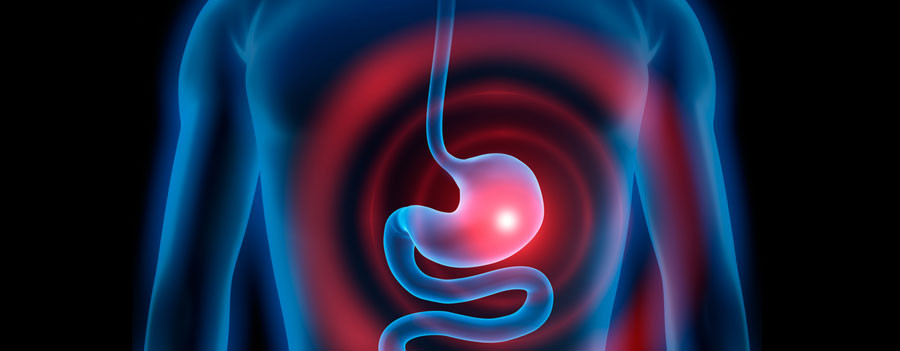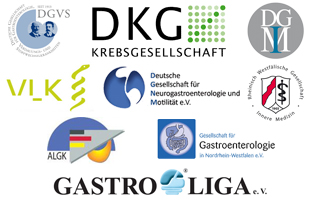

Oncology
In most cases, a diagnosis of cancer happens suddenly and unexpectedly and is like no other disease associated with emotional distress. Therefore, many patients feel badly / ill-prepared to cope with this new situation, the disease itself and the upcoming treatment plan which mostly begins right after the diagnosis.
Due to the fact that it is not only the patients but also their families who often have to cope with the extraordinary stress, we set great value upon the combination of competent medical and nursing care and professional emotional support.
Because of our years of experience we know how important it is to collaborate with colleagues from private practices and with the specialized tumor centers nearby.
Following the most recent state of medical knowledge and the will to provide a holistic treatment approach we gladly give advice to you and your relatives in order to find the best and most pleasant method of treatment.
In the case of therapy of malignant tumors such as the colon, the pancreas, the prostate, the breast, the lungs, the kidneys, the thyroid gland, malignant diseases of the lymphatic glands and leukemia, the development of an individual treatment protocol takes the top priority.
During therapy we will closely monitor the treatment’s suitability for the patient’s body and the success of the treatment. If required, we will adjust the therapy for you.
The following methods are applied:
- Chemotherapy with cytostatics
- Immunotherapy with antibodies
- Administration of growth factors
- Transfusion of concentrates of erythrocytes and thrombapherese
- Infusion of immunoglobulins when quantity of antibodies is low
- Infusion of biphosphonate in case of bone metastasis and osteoporosis
- Parenteral nutrition
- Pain therapy
- Administration of blood clotting factors
After finishing a healing-oriented treatment (surgery, radiation therapy, chemotherapy) most tumor diseases and leukemias require the so-called follow-up.
The side effects the therapy might have evoked should be recognized and ideally cured by further treatment. In addition to that, the follow-up helps to detect a possible relapse. Furthermore, the patient should have a person to refer to for questions and problems.
The follow-up should always be carried out in close reconcilement and cooperation with the patient’s family practitioner, gynaecologist or urologist.




